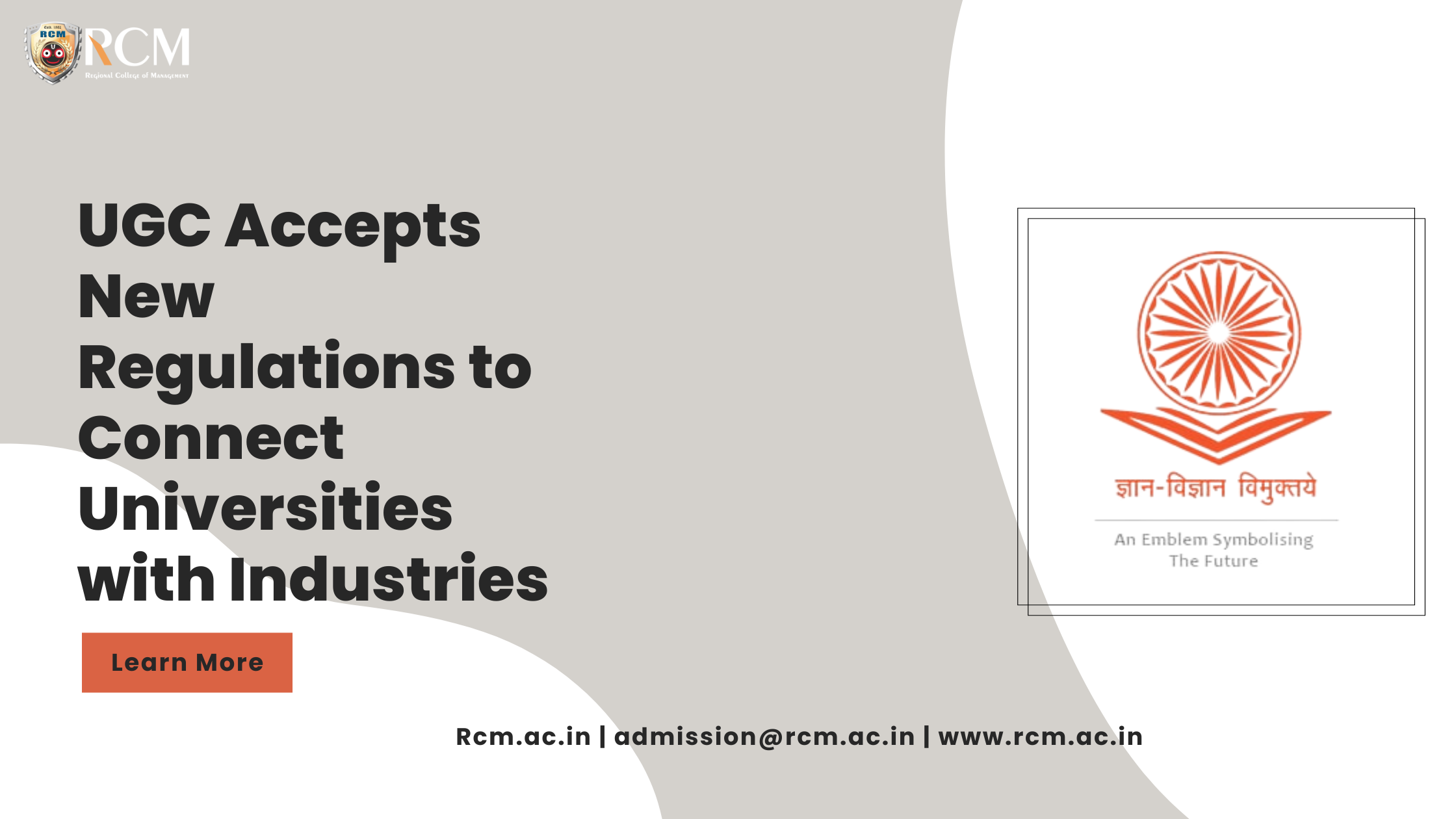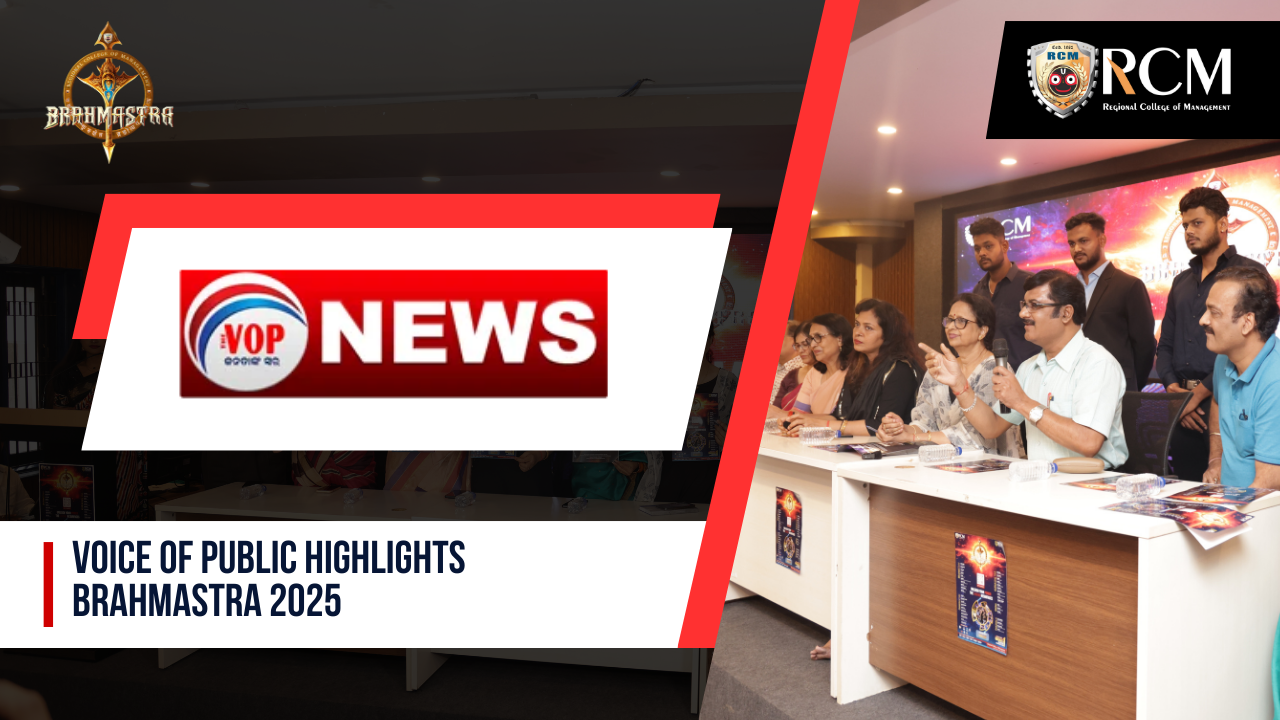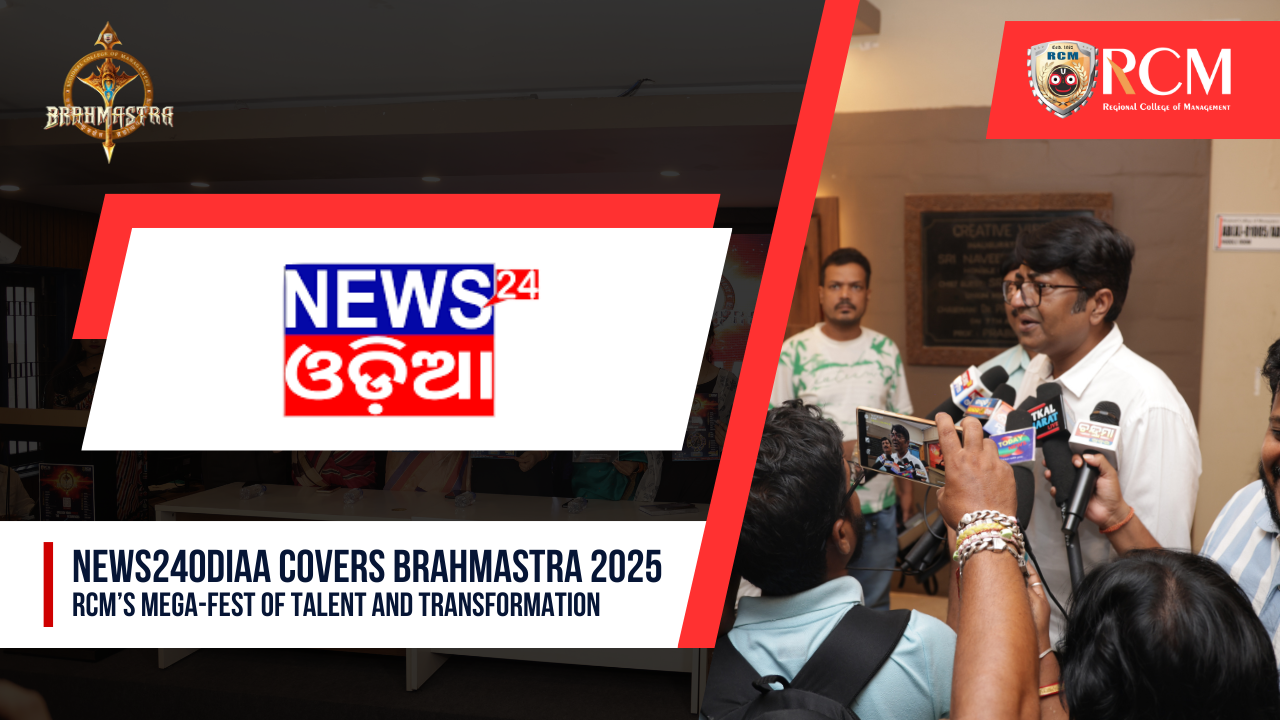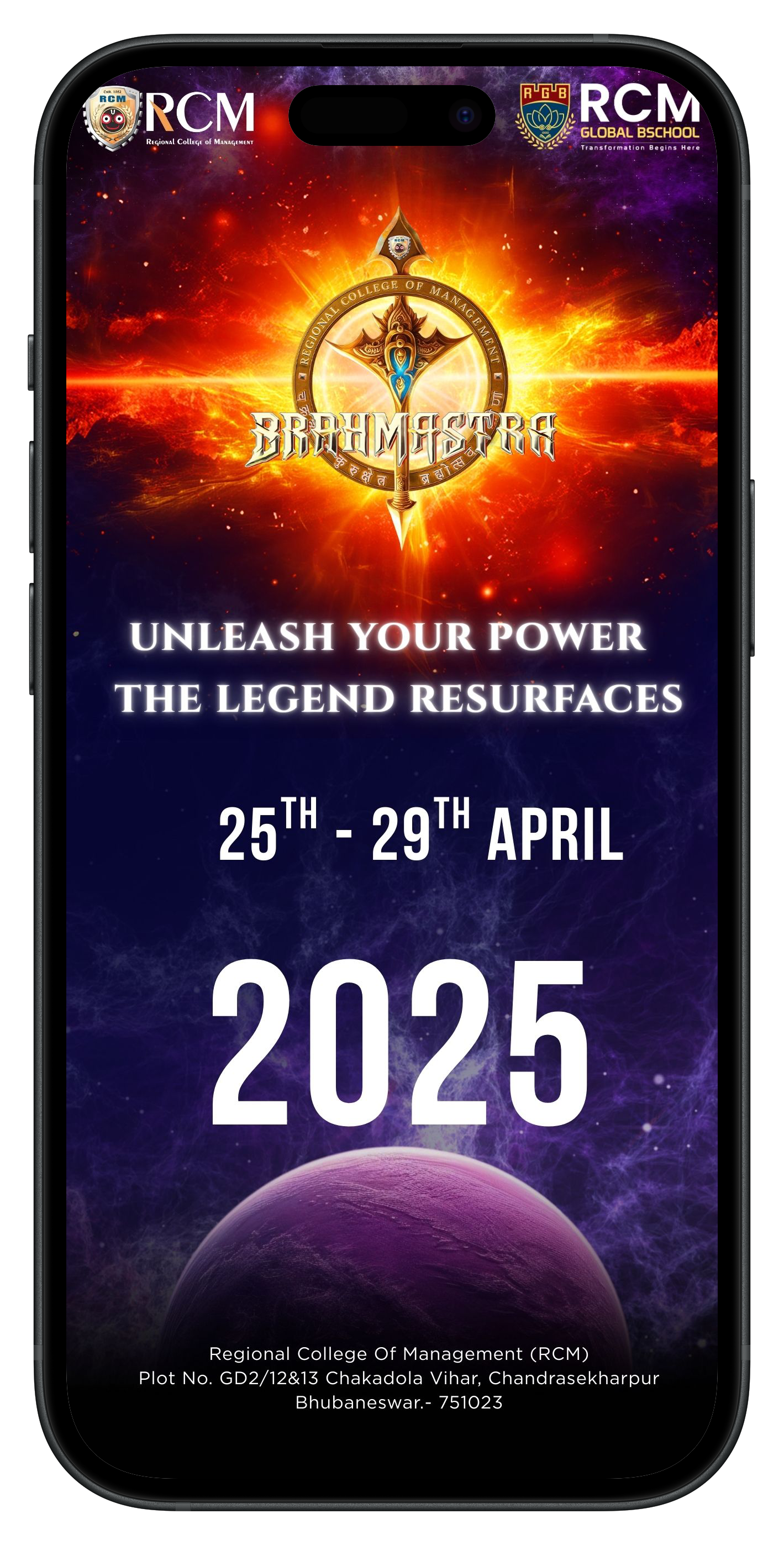Universities and businesses can now join forces to form a Research and Development (R&D) cluster at the state or federal level to address the technology needs of the area in collaboration with the MSME/MHI (ministry of heavy industries)/department of Industries of state governments.
This cluster will also provide students with the necessary skill sets and prepare them for the workforce through internships. A technology-focused method might be developed by the cluster to identify local issues, and the same projects could then be given to students so they could receive credit for them.
The University Grants Commission’s (UGC ) meeting on June 27, 2023, approved the “Guidelines for Sustainable University-Industry Collaboration in Indian Universities” which was announced on June 30 for public feedback. Higher educational institutions have been asked to take measures to boost R&D by creating R&D clusters at State or regional levels through University-Industry (UI) linkages.
According to M Jagadesh Kumar, Chairperson, UGC, the National Educational Policy 2020 recommends vibrant UI linkage, with emphasis on exposing students to real-life examples and making them globally competent.
“The guidelines will promote research and development through collaborations between universities and industries. Establishing the linkages between university and industry will help create training and apprenticeship opportunities in the industries, R&D labs, and research organizations,” Kumar said.
A regional R&D Advisory Committee that advises the R&D growth in the cluster may be established, as per guidelines, by the institution acting as the cluster leader.
In addition to looking into funding options from various stakeholders, higher education institutions must establish an Industry Relations Cell (IRC) to enable joint project creation between a university faculty group and an industry group. The industry has been asked to establish the University Relation Cell (URC) in order to address and meet its R&D needs.
Both the IRC and URC have to come up with new technologies in the research labs besides tailored programmes for industry professionals. The guidelines mandate that credits assignment and distribution of internships will be as per UGC norms and additional internships based on recommendations of students’ interest.
The varsities can appoint highly experienced industry professionals to governance bodies and can also onboard professionals from the industry as ‘Professors of practice in accordance with the UGC guidelines.Kumar added that the guidelines shall promote research and development through collaborations between universities and industries.
It will also help develop skill sets among learners and make them industry-ready through internships, including field/industry/on-job skills/vocational training/life skills to achieve the learning objectives and attain desired outcomes effectively.
Establishing the linkages between universities and academics will help create training and apprenticeship opportunities in the industries, R&D labs, and research organizations.
(Source: Times of India)





















